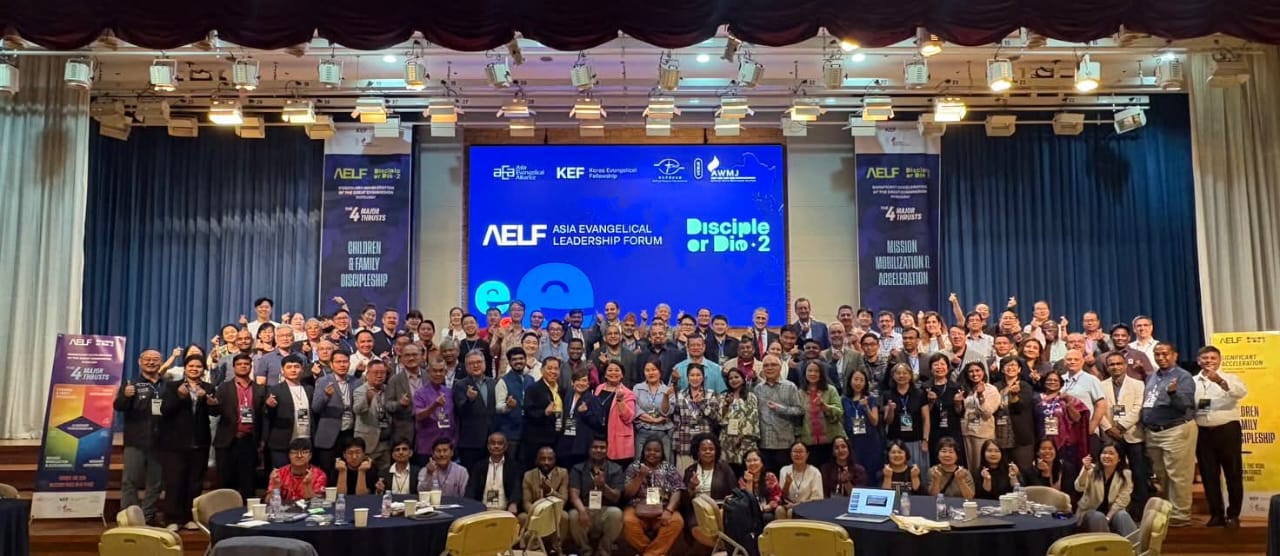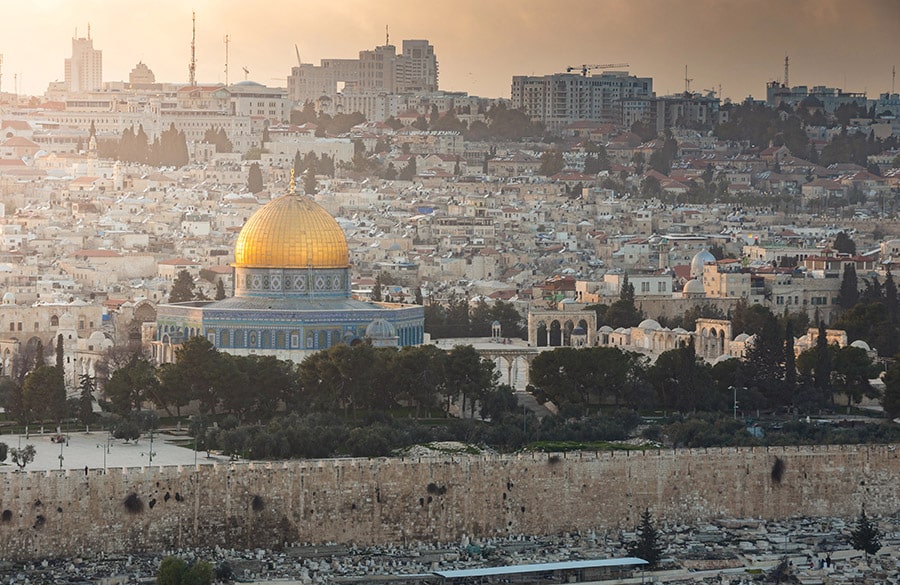Bangladesh’s politics has been polarized since the nation’s secession from Pakistan in 1971, but, of late, the schism between secular and Islamic groups has deepened to a fearsome level. What began as violent opposition to the ongoing trials of liberation war criminals in recent months, has now turned into Islamist demands for the nation’s Islamization – at a time when parliamentary elections are due in a few months.
The Muslim-majority country of 160 million people has been witnessing violent protests since the International Crimes Tribunal awarded life imprisonment to Abdul Quader Mollah, assistant secretary-general of the Jamaat-e-Islami (the largest Islamist party in the country) and sentenced Jamaat Vice President Delawar Hossain Sayedee to death.
The trials concern atrocities during the 1971 liberation war, when the Pakistan Army and their local collaborators who were against Bangladesh’s separation from Pakistan killed more than 3 million people and raped more than 200,000 girls and women. Those who supported the liberation war saw ethnicity more important than religion. And those who were for religion-based nationalism were against the secession.
The ruling Awami League party belongs to those who supported the nation’s separation. During the 2008 general election, the party promised to establish the war crime tribunals – and won the election with an unprecedented majority.
Protests were inevitable. The Jamaat and the main opposition Bangladesh Nationalist Party (BNP) have sponsored protests beginning December 2012, with protesters detonating small homemade bombs. While the BNP is not generally extremist, its ally, the Jamaat, is for the creation of an Islamic state with Sharia law, closer relations with Pakistan and Saudi Arabia, and outlawing un-Islamic practices and laws.
On the other hand, progressive youth and bloggers – who do not seem to have any affiliation to any political organization or group – have held protests at the Shahbagh square in Central Dhaka, decrying leniency on part of the government in giving stricter sentences to the war convicts and calling for true secularism.
Further, protests have been held by Islamist groups like Hefazat-e-Islam Bangladesh (‘Protecting Islam in Bangladesh’ or HIB) to counter the Shahbagh movement. And, in turn, even secularists have formed a new group, known as Gono Jagoron Moncho (Platform for Mass Awakening) to counter the HIB.
Meanwhile, blogger Ahmed Rajib Haider, who played a key role organizing the Shahbagh movement, was hacked to death by members of a new Islamist outfit, Ansarullah Bangla Team, which is believed to have links with al Qaeda. Another blogger, Asif Mohiuddin, was earlier stabbed but survived.
Protests took a different turn on April 6, when the HIB presented the government with a 13-point demand at a Dhaka rally, which included greater change in the constitution for rule by Sharia, virtual segregation of women, and death sentence for those who insult Islam or the Prophet.
Prime Minister Sheikh Hasina has unequivocally rejected these demands. She recently told BBC that Bangladesh “is a secular democracy, so each and every religion has a right to practise their religion freely.” This has led to further violence. Most recently, on May 6, at least 27 people died in clashes between police and Islamists who were calling for an anti-blasphemy law. The protesters blocked roads, attacked a police station and set fire to at least 30 vehicles. The HIB had given time until May 5 to the government to implement their demands.
The HIB is calling for an anti-blasphemy law despite the fact that Section 295A of Penal Code (1860) provides that any person who has a “deliberate” or “malicious” intention of “hurting religious sentiments” can be subject to imprisonment – the section has been misused as a virtual anti-blasphemy law.
What is fearsome is that the HIB is linked to Quami madrassas (as opposed to the state-regulated private madrassas popularly known as Aliya madrassas). These madrassas have students from economically lower backgrounds and who are given only religious instructions. The Quami madrassas have rejected the government’s call for integration into the education system that the Aliya madrassas follow, which includes both religious and modern subjects.
Islamists had apparently been looking for an excuse to unleash violence and demand Islamization since 2010, when the country’s Supreme Court declared the fifth and eighth amendments of the constitution null and void. The amendments had established Islam as the state religion and allowed religion-based politics – a departure from the spirit of the original constitution. The apex court’s 2010 verdicts restored the four pillars of the state – democracy, nationalism, socialism and secularism – as was mentioned in the 1972 constitution.
However, the Awami League government in June 2011 oversaw the passing of a constitutional amendment bill (the 15th Amendment) to retain Islam as the state religion along with the use of the word “Bismillah” (an Arabic phrase meaning in the name of God), while reaffirming the country as a secular state. Secularists have questioned if secularism and Islam as the state religion can coexist. The government has also indicated that the ban on religion-based parties will not be strictly enforced.
Prime Minister Hasina appears to be treading cautiously, not wanting to take a firm stand on the issues of Islam as the state religion and banning of religion-based parties, perhaps out of fear of a major unrest by Islamists.
In the ongoing ideological clash, a lot is at stake for the future of religious minorities. While thus far, mostly Hindus and Ahmaddiyas have been persecuted, the sudden increase in Islamist assertion could soon result in targeting of minority Christians, too. Islamist violence against minorities in general has already increased.
The forthcoming general election, due in early 2014, is likely to play a key role in the future of the nation and the minorities. While currently the majority of the people, the judiciary and the ruling alliance are all for secularism and religious freedom, some opposition groups appear desperate to turn the nation into an “Islamic state.”
Despite the loud Islamist voices, the mood in the nation appears to be for secularism and religious moderation. However, the task before Hasina is not easy. She will need not only to win the votes in the election, but also legitimacy at home and internationally. Some international human rights groups have turned against Hasina due to her handling of the trials and use of force against protesters.
Given that Bangladesh is no stranger to coup d’états, emergencies and political violence, an election that is not widely seen as legitimate can lead to chaos and instability. Hasina, therefore, will need to avoid heavy-handedness and violent confrontation with opposition parties, which would only weaken her chances of remaining at the helm and that of fulfilling her party’s pledges to rid the country of terrorism and bring war criminals to justice.
World Evangelical Alliance (WEA) Religious Liberty Commission (RLC) sponsors this WEA-RLC Research & Analysis Report to help individuals and groups pray for and act on religious liberty issues around the world. WEA has a consultative status with the UN Economic and Social Council.
This report was researched and written by Fernando Perez, and moderated by the WEA-RLC Executive Director, Godfrey Yogarajah. It can be used for distribution or publication with attribution to WEA-RLC.




Stay Connected